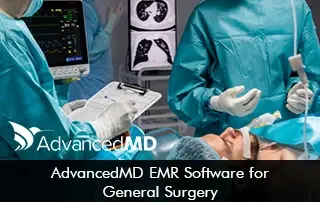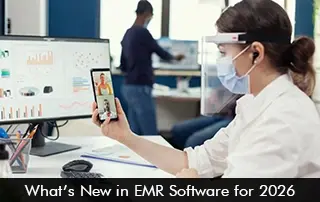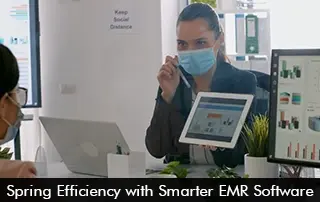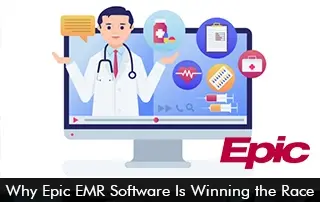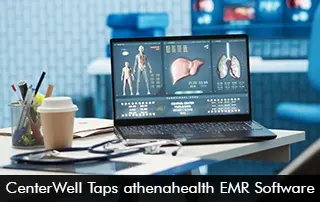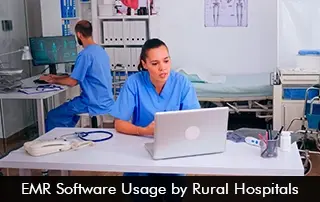AdvancedMD EMR Software for General Surgery
General surgery is a specialty that requires precision, and AdvancedMD EMR Software has tailored its EHR software to meet the unique demands of surgery centers. The fast-paced environment requires surgery centers to act proactively and implement a specialty-specific EMR system so physicians can stay focused on offering high-quality patient care. User-Friendly Features for General Surgery by AdvancedMD EHR Software AdvancedMD [...]
What’s New in EMR Software for 2026?
EMR Software Solutions are constantly evolving for the better. First, healthcare organizations were using these systems to store patient data, but now these tools are getting more robust and intelligent. In 2026, EHR software’s are fully integrated and designed around how care actually happens. Your modern EMR System is efficient, effective, and helpful, empowering providers like never before. EMR Software [...]
Spring Efficiency with Smart EMR Software
The spring season is a time when smarter EMR Software Solutions become critical to shake off the winter slowdown. Clinics, hospitals, and specialty practices can take advantage of robust tools in EHR Software to boost workflows and to keep up with the rise in patient influx. Why Spring is a Strategic Time for EMR Systems Productivity Patient activity surges during [...]
Why Epic EMR Software is winning the Race
Following the healthcare IT news, you must be wondering who is winning the EMR Software race. Every year, competition keeps rising between the two Electronic Health Records (EHR) Software giants in the USA, Epic Systems and Oracle Health EMR Software. This battle became very interesting, as Oracle came with a big move by acquiring Cerner; this was a massive $ [...]
CenterWell Taps athenahealth EMR Software
One of the most prominent EHR software providers in the USA, athenahealth EMR Software, is known to offer its users robust cloud-based Electronic Health Records, patient engagement, and RCM solutions. A comprehensive platform by athenaOne EMR System was selected by CenterWell not to digitize workflows but to streamline processes. This shift in healthcare means that health systems recognize that EMR [...]
EMR Software Usage by Rural Hospitals
Rural hospitals are critical in offering care to American communities. With EMR Software, people living in the outskirts with limited resources can get access to high-quality patient care. Rural hospitals in the USA have implemented the robust technology of the EHR System, empowering them to deliver care as good as that of hospitals in the main city. Why EHR Software [...]
Teletherapy Success with EMR Software
To deliver outstanding healthcare, EMR Software with teletherapy solutions has become essential in the modern world. Gone are the days when virtual care was just an add-on; now it is a necessity for both patients and providers. For providers, it can help boost reach, and for patients, it is a convenient care option. EHR Software can make teletherapy sessions more [...]


